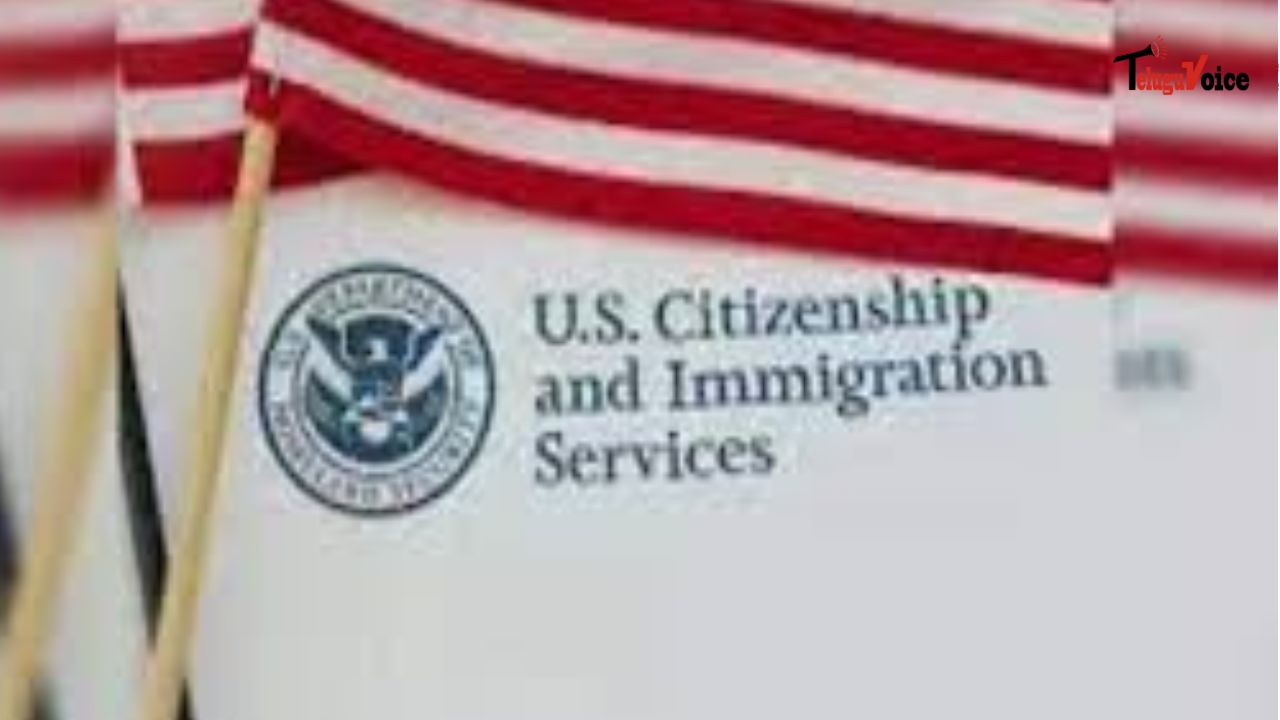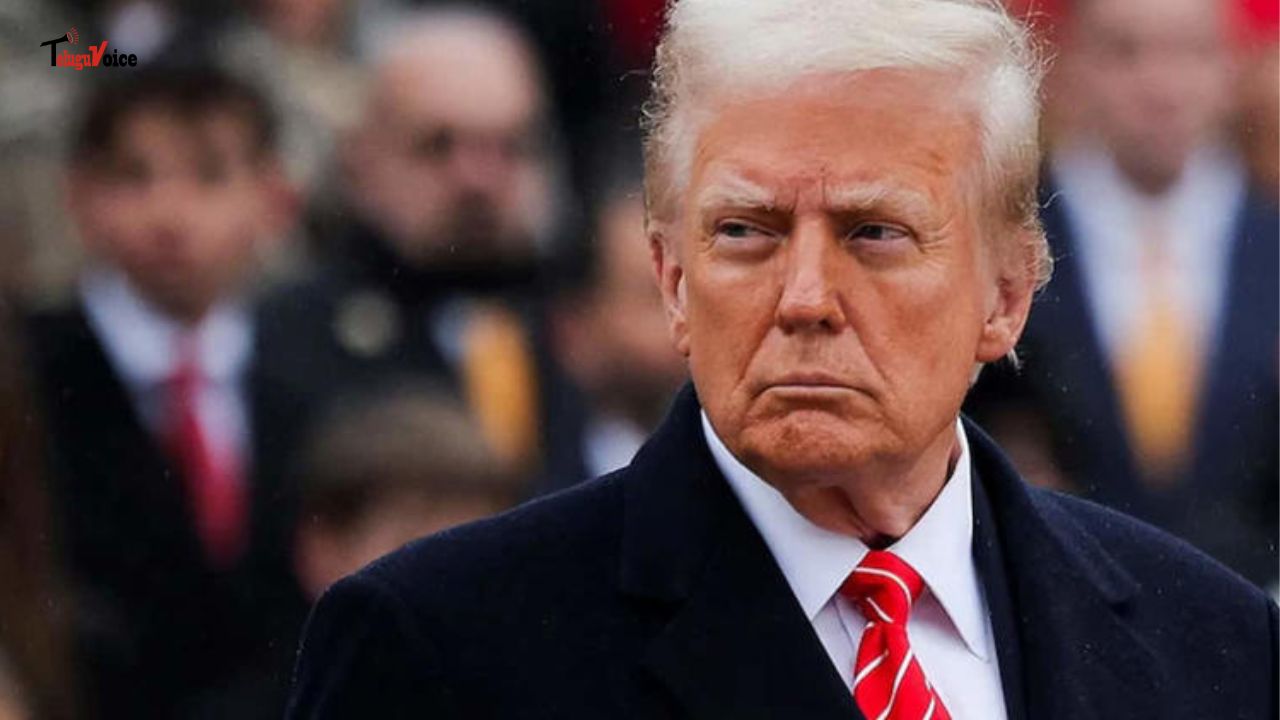New H-1B Rule Opens Doors for Startup Founders, Bringing Hope to Entrepreneurs

The final H-1B modernization rule has introduced a significant shift by redefining the term "employer," allowing entrepreneurs to qualify for H-1B status. This means that individuals can now have their own business entity sponsor them for the visa, a move that could pave the way for aspiring startup founders to achieve their dreams in the United States.
For years, many entrepreneurs have entered the U.S. on an H-1B visa, spending decades working for traditional employers before obtaining a green card — a prerequisite for starting their own ventures. This policy change, if upheld by the incoming Trump administration, could alleviate the challenges faced by future entrepreneurs, particularly Indians, who endure lengthy wait times for employment-linked green cards.
Highlighting the potential benefits, the U.S. Department of Homeland Security (DHS) stated, "If more entrepreneurs are able to obtain H1-B status to develop their business enterprise, the U.S. could benefit from the creation of jobs, new industries, and new opportunities."
Immigration experts have expressed optimism about the changes. Kripa Upadhyay, a U.S.-based immigration attorney, called it "the closest the U.S. can get to a stand-alone 'startup' visa." Mitch Wexler, a partner at Fragomen, added, "Guardrails have been built in to ensure the eligibility of H-1B beneficiaries who have a controlling interest in their sponsoring entity. They must engage in H-1B-level specialty occupation duties the majority of the time." Notably, initial petitions and their first extension for such entrepreneurs will be limited to 18 months, unlike the standard three-year validity.
However, challenges remain for early-stage entrepreneurs. Sameer Khedekar, founder of Vanguard Visa Law, noted, "While these changes provide clarity for startup founders and 'beneficiary-owners,' their impact on early-stage entrepreneurs remains uncertain. Startups often lack contracts or funding to demonstrate a bona fide H-1B role." He emphasized the need for meticulous documentation, including detailed business plans, proof of product development, letters of intent, market validation, and industry presence.
Despite these hurdles, the new rule represents a significant step forward, offering hope and opportunities for entrepreneurs to innovate, create jobs, and contribute to the U.S. economy.

 South Africa tour of India 2019
South Africa tour of India 2019










Comments